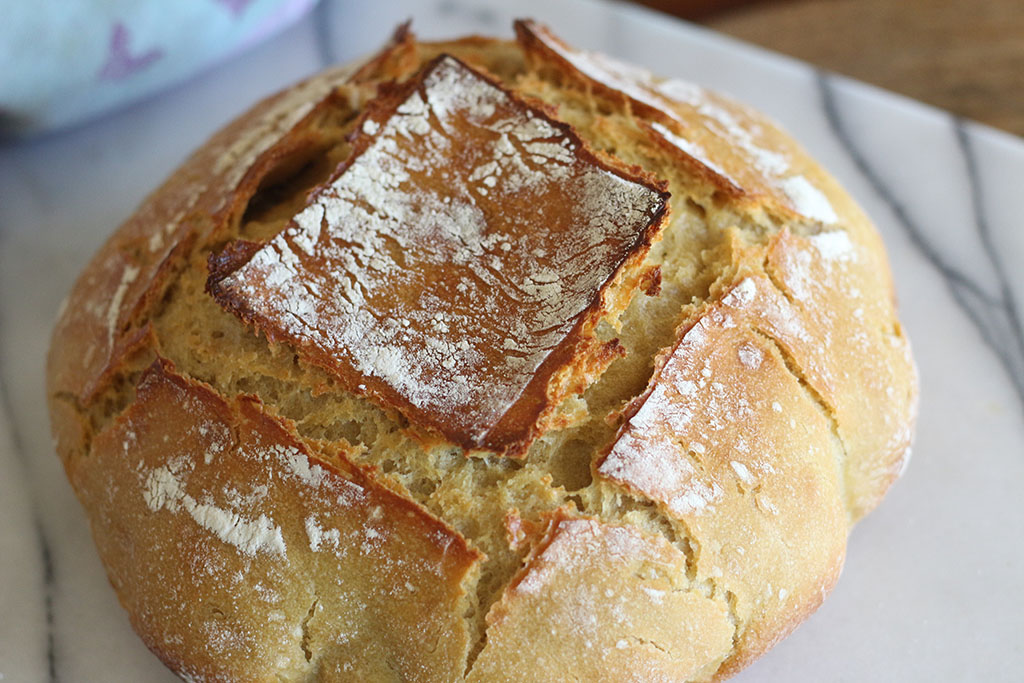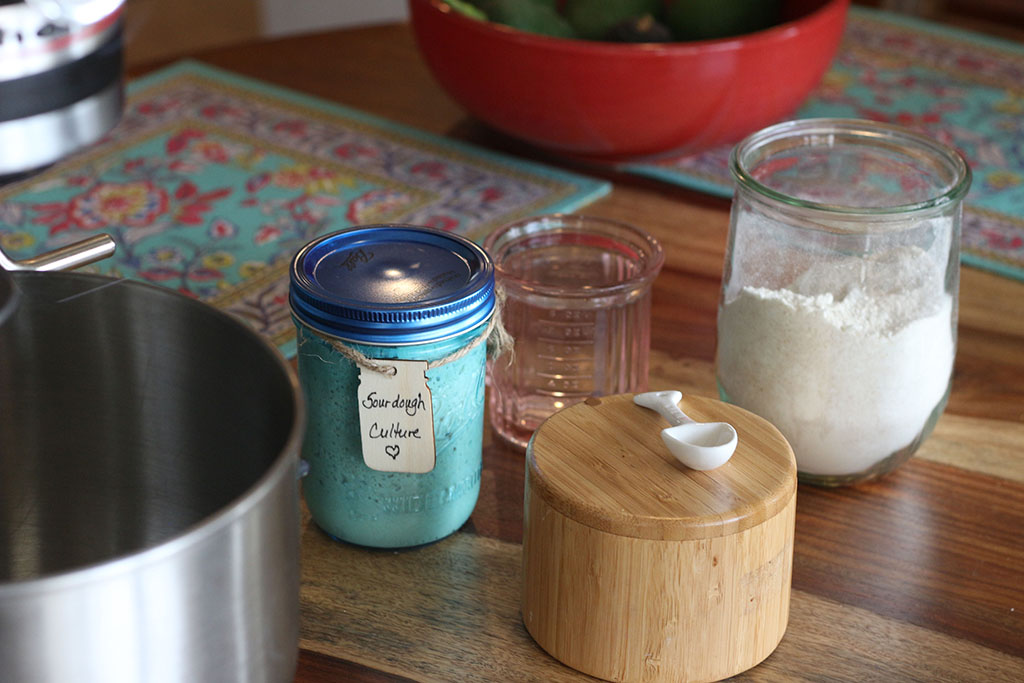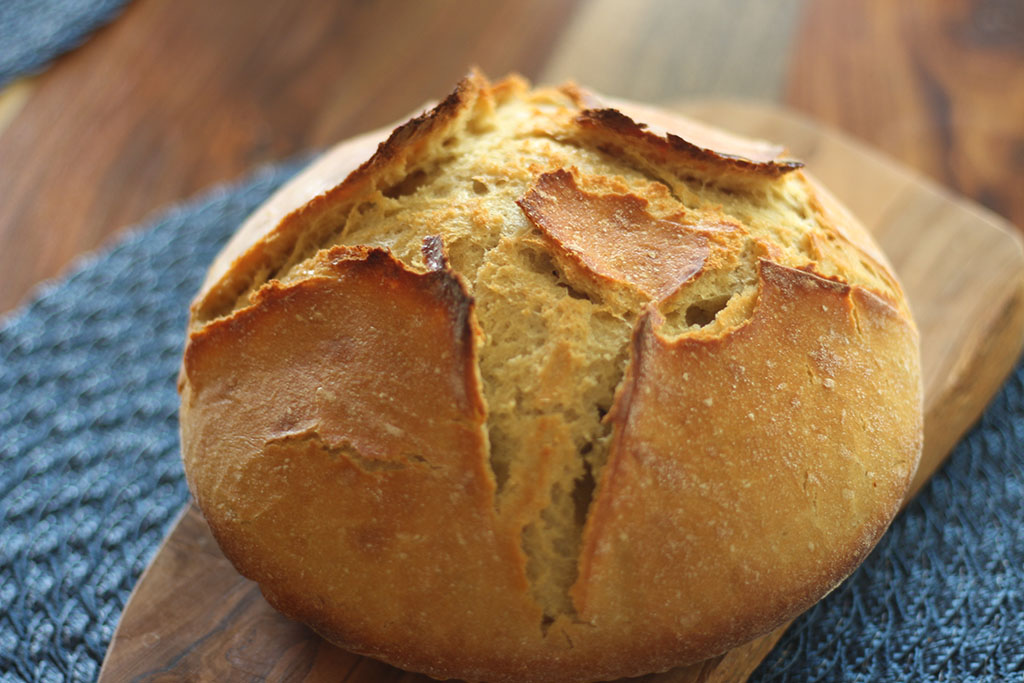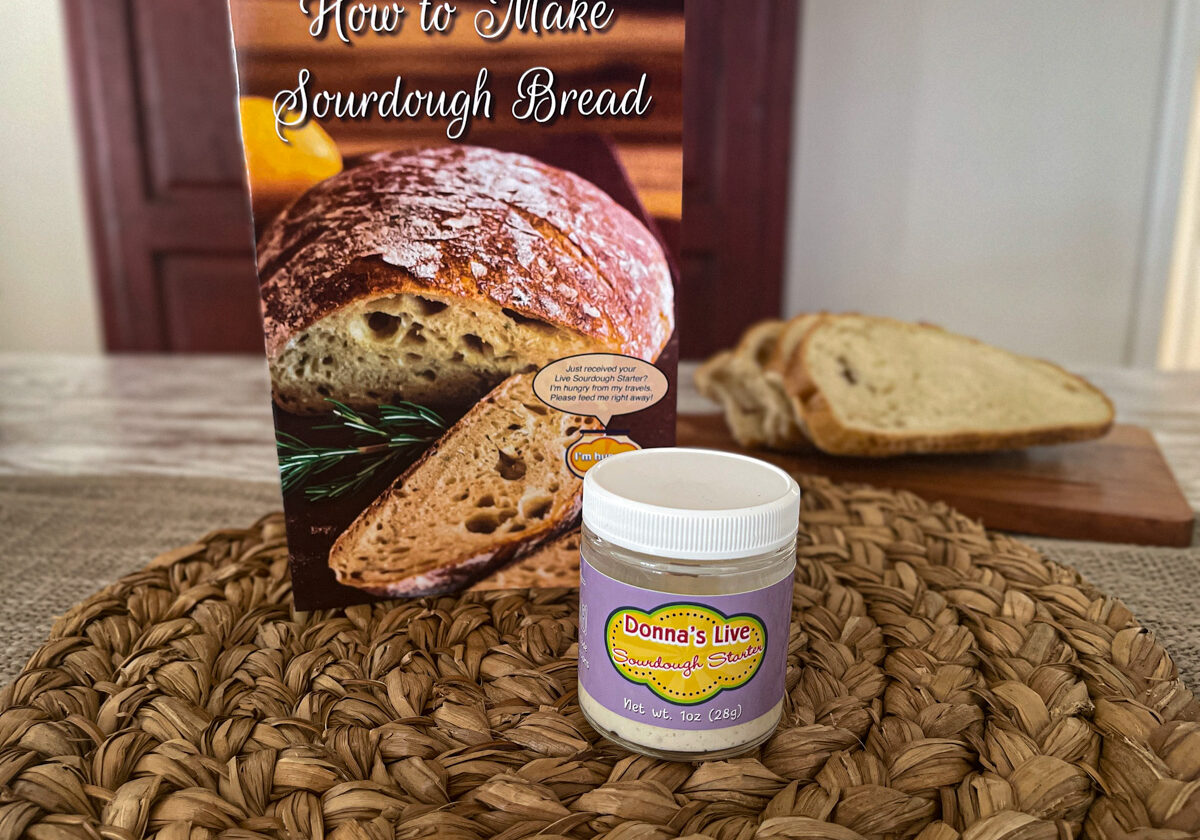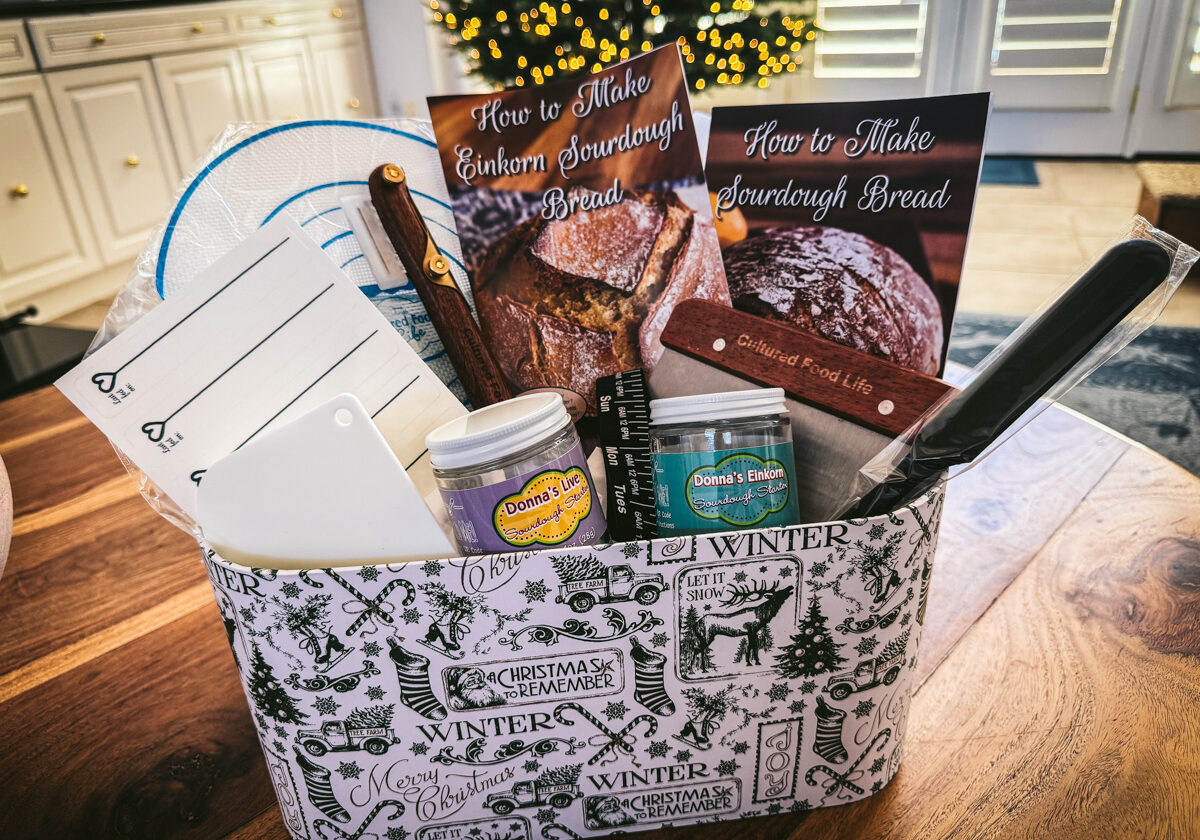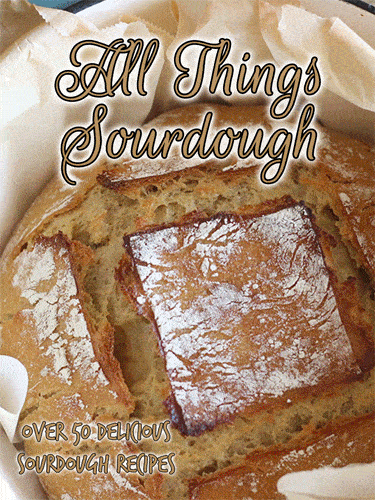
Can Sourdough Change the Gluten-Free Diet?
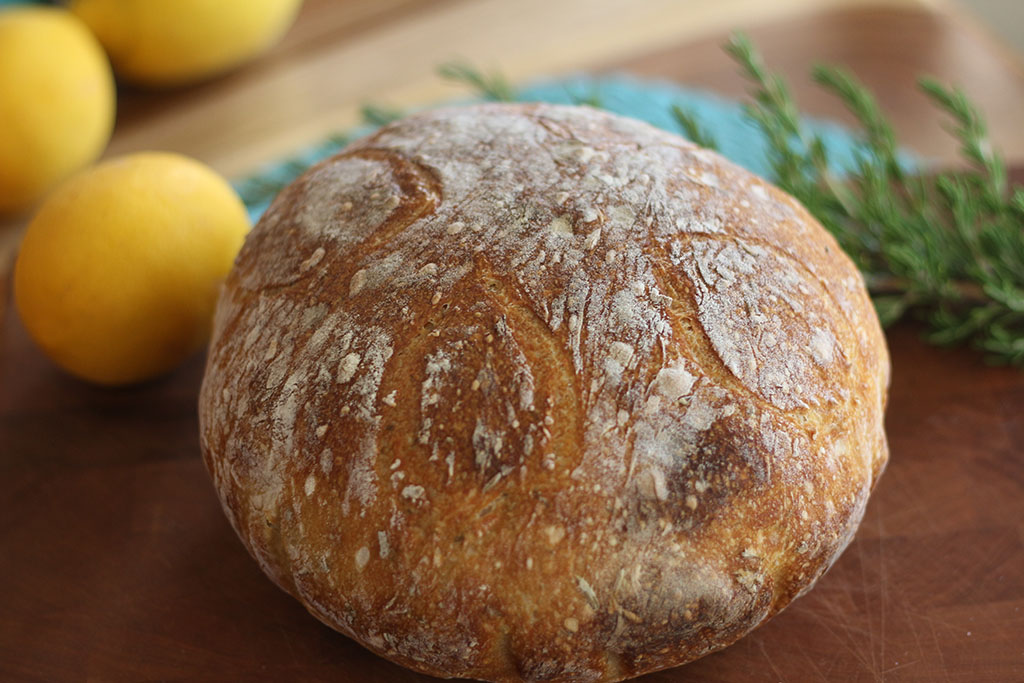
About twenty-two years ago, I went to a class on “How to Make Sourdough Bread.” My daughter had gluten intolerance and we found that she could eat sprouted bread without the side effects created by regular bread. I had heard that sourdough bread achieved similar results to the sprouted bread, and I wanted to try it. What I learned shocked me. The man teaching the class explained that the process of making sourdough was an ancient art and one that had many benefits that we are unaware of today. Why do so many of us struggle with gluten today? There are all kinds of books and websites dedicated to gluten-free living, and rightfully so, because the bread we consume today is very different from the bread we ate for hundreds of years. But why is gluten intolerance an epidemic in this day and age? What has changed?
"Our own physical body possesses a wisdom which we who inhabit the body lack. We give it orders which make no sense."
Henry Miller
History Of Bread
Before 1950's Bread Baking
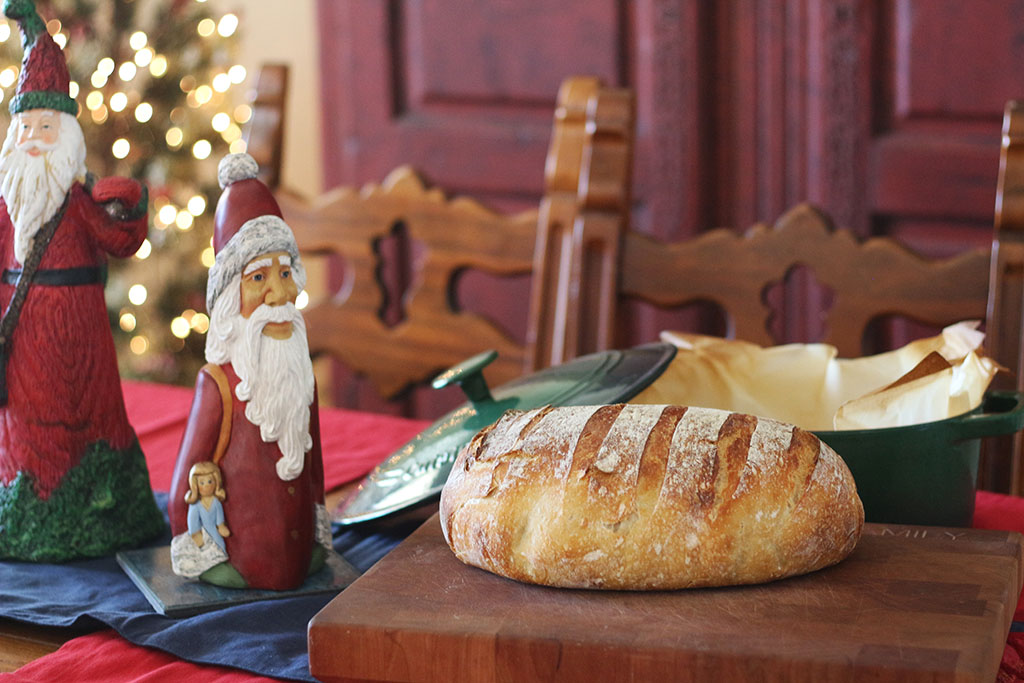
New methods harm the gut
In their efforts to increase profits and speed up the bread making process, bakers began using new techniques that took only three hours to make a loaf of bread - and now can even take only one hour. They used the new instant yeasts which made the old way of making bread (using cultures and fermentation that not only help to preserve food but also increase the nutrients available for our bodies) unnecessary.
During the making of sourdough bread, complex carbohydrates are broken down into more digestible simple sugars, and protein is broken down into amino acids. Enzymes develop during rising. These enzymes are not lost while baking since the center of the loaf remains at a lower temperature than the crust. This fermentation, partly from Lactobacillus, also allows for a bread that is lower on the glycemic index, thus making it better for those with blood sugar issues. The fermentation also helps restore the functioning of the digestive tract resulting in proper assimilation and elimination.
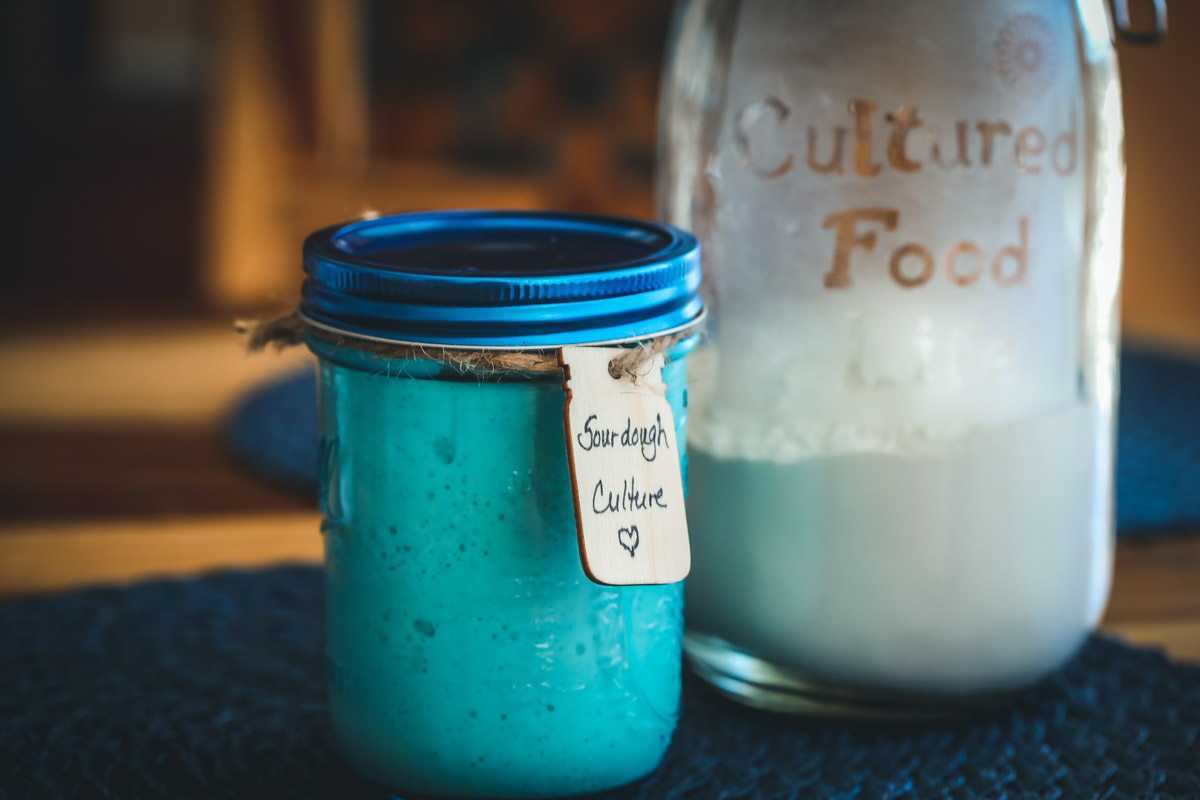
Chemicals sprayed on wheat
There is a common process that is happening to our wheat before harvesting. According to farmers who grow wheat, applying the herbicide Roundup (glyphosate) just prior to harvest is commonplace among farmers who grow wheat crops. The manufacturer of Roundup, Monsanto, claims that application to plants at over 30% kernel moisture results in Roundup uptake by the plant into the kernels. This allows the farmers to harvest their wheat earlier since the wheat plant will be killed off by the Roundup. These changes in our bread have had devastating effects on our gut. I believe that along with the chemicals, soil depletion, and the loss of fermentation and probiotic foods that heal and protect our bodies, our diets are wreaking havoc on our guts. This, in turn, is causing a rise in all kinds of food allergies. Our diets are a dim reflection of the nutrient-dense whole foods we used to eat years ago. Pharmaceuticals are the norm and not the exception, and food allergies and gut issues are rampant along with a host of other health issues. The average consumer is unaware of these changes in our food supply and then labels gluten and bread as the enemy when they don't realize the culprit is the dramatic changes in the actual process of making bread today.
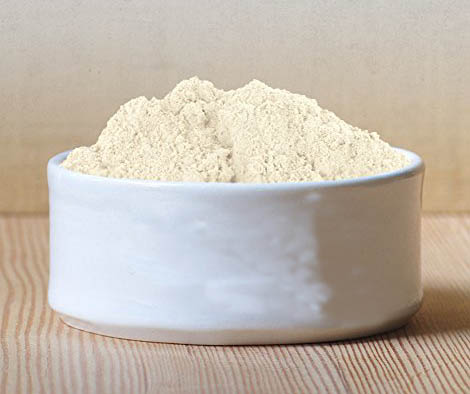
Gluten Intolerance And Sourdough
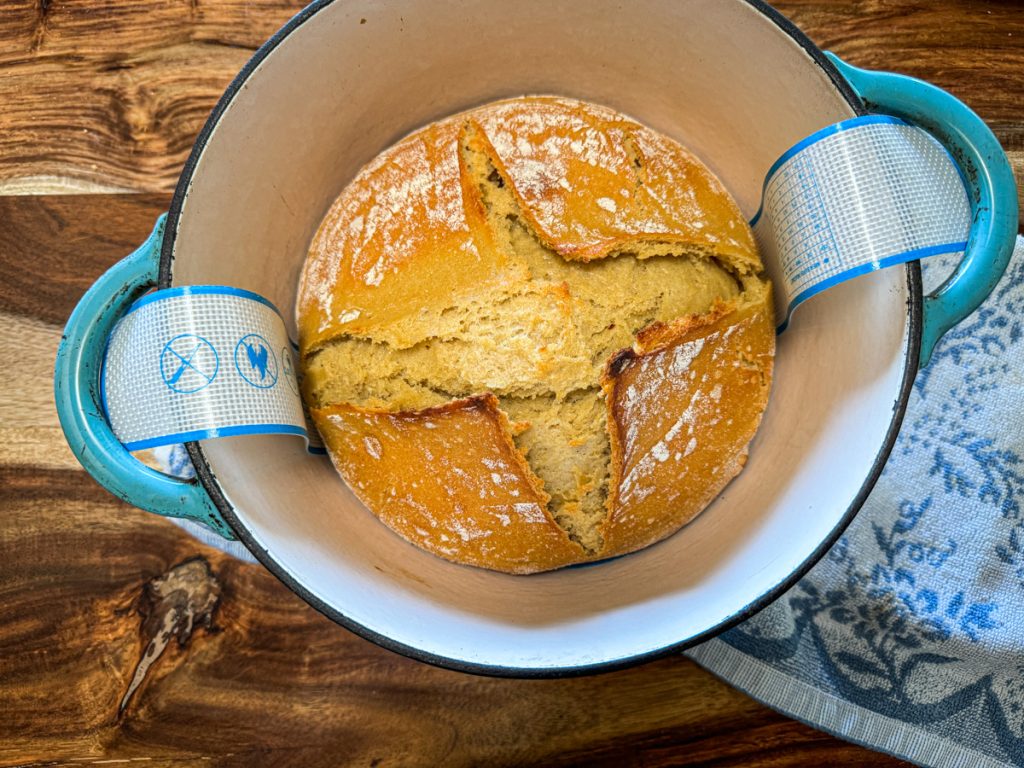
Ferment it for seven hours or longer
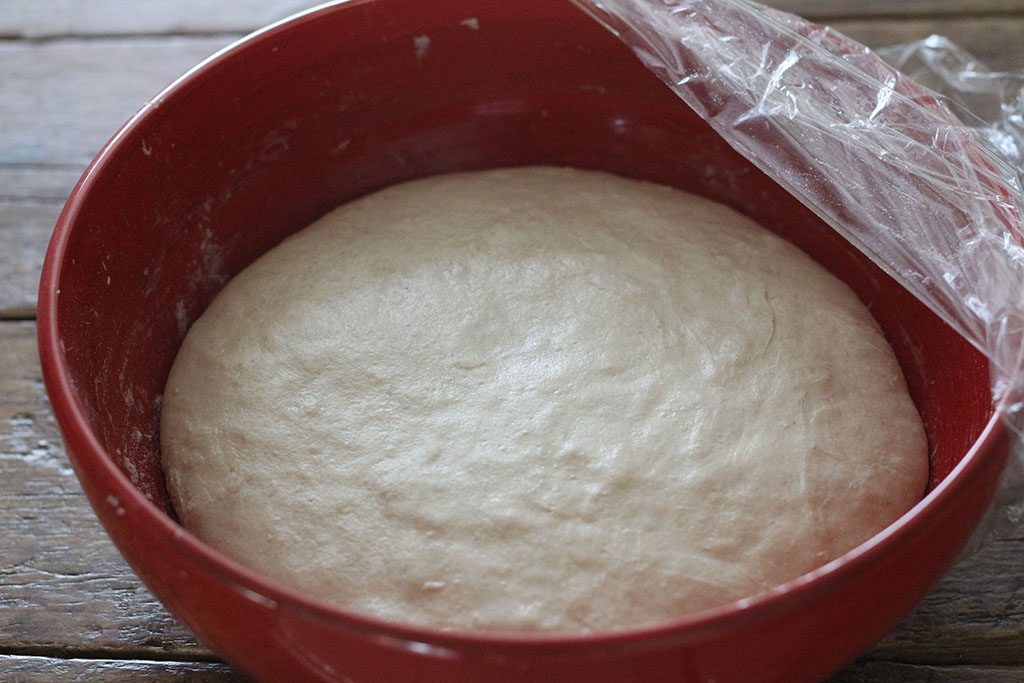
Try an Ancient Wheat
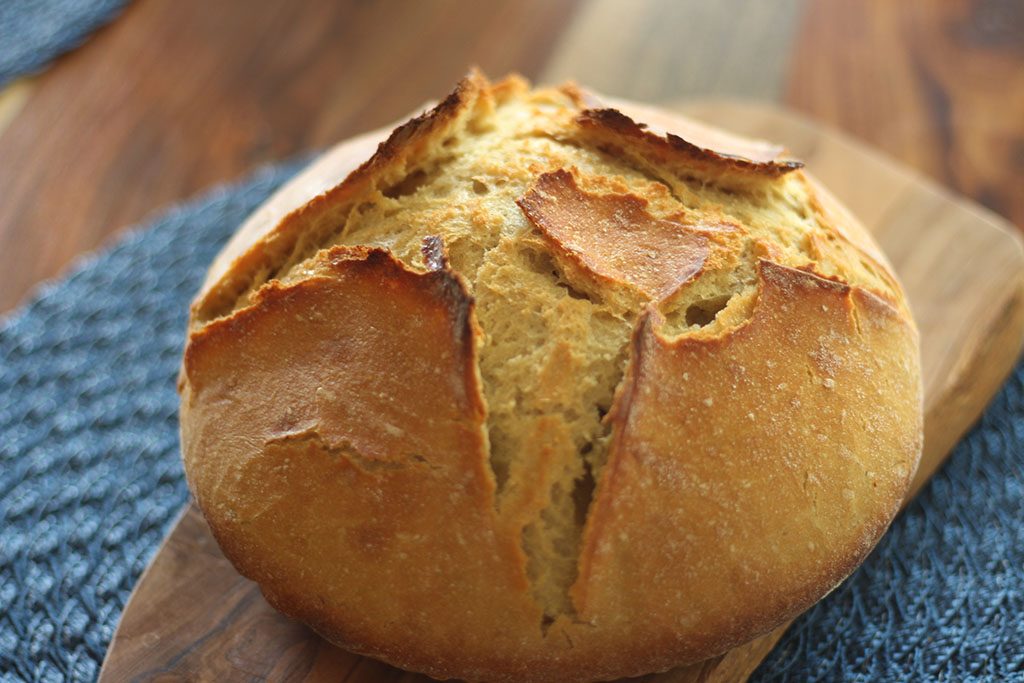
You can find out more about Einkorn Sourdough Bread here:
Listen To My Podcast
Bread has long been a dietary staple, but modern shortcuts and farming practices have changed it in ways that can wreak havoc on our health. In this episode, discover how my search for a solution to my daughter’s gluten intolerance led her to the art of sourdough and sprouted bread. Explore how ancient fermentation methods break down problematic proteins, why chemicals like glyphosate are now common in wheat production, and how nutrient depletion contributes to today’s epidemic of gluten-related issues. Plus, learn about einkorn—an ancient wheat variety—and how it offers a more digestible option for many individuals. Join us to reclaim the wisdom of traditional bread-making and restore our relationship with this timeless food.
References I talked about:
Are you on the list?
Sign up today and I'll send you my free Getting Started Guide!
Each week I'll send you updates, tips, recipes, and more! You might even be a winner of my weekly giveaway! (starter cultures, memberships, and more!)
Come be a part of my cultured food family!

